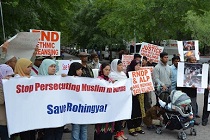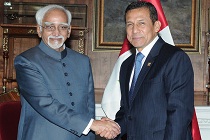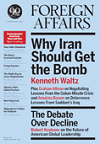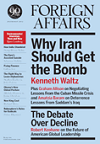Myanmar’s stateless
There are 2 million stateless persons scattered across Myanmar and an estimated 400,000 of them are of Indian origin. As India participates in Myanmar’s rejuvenation, can it also use effective diplomacy to advance minority rights in the country?











